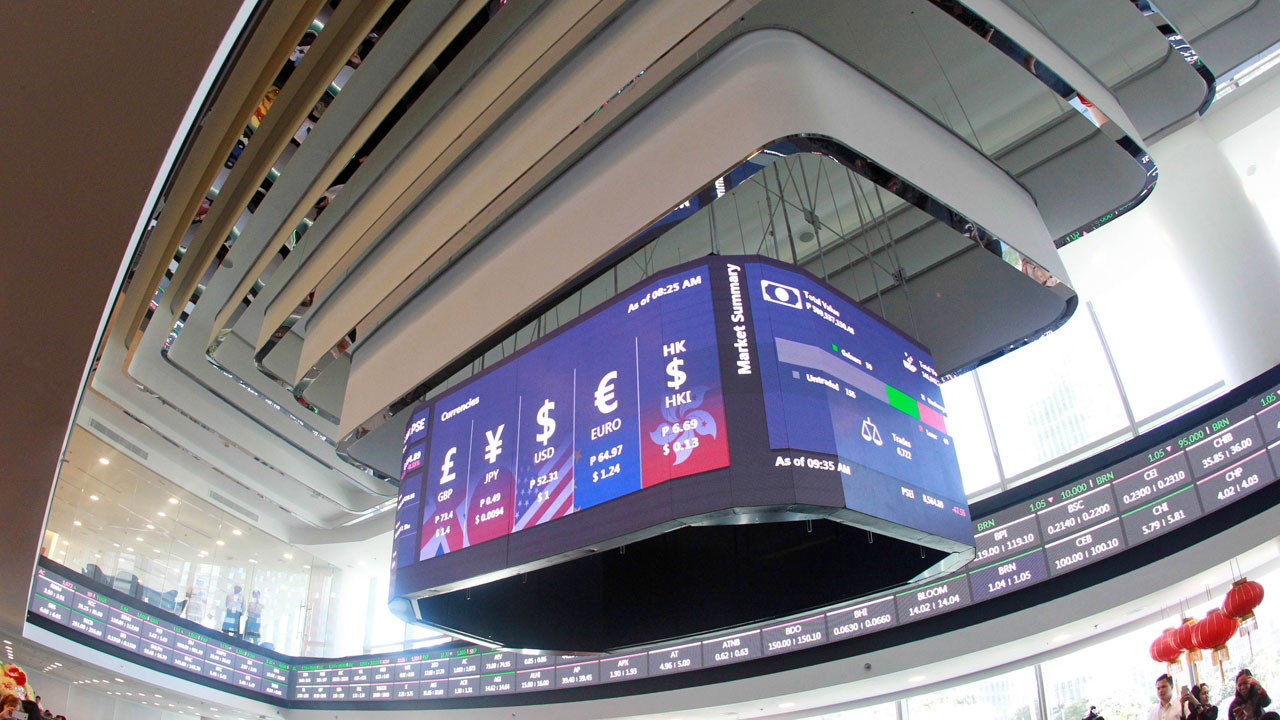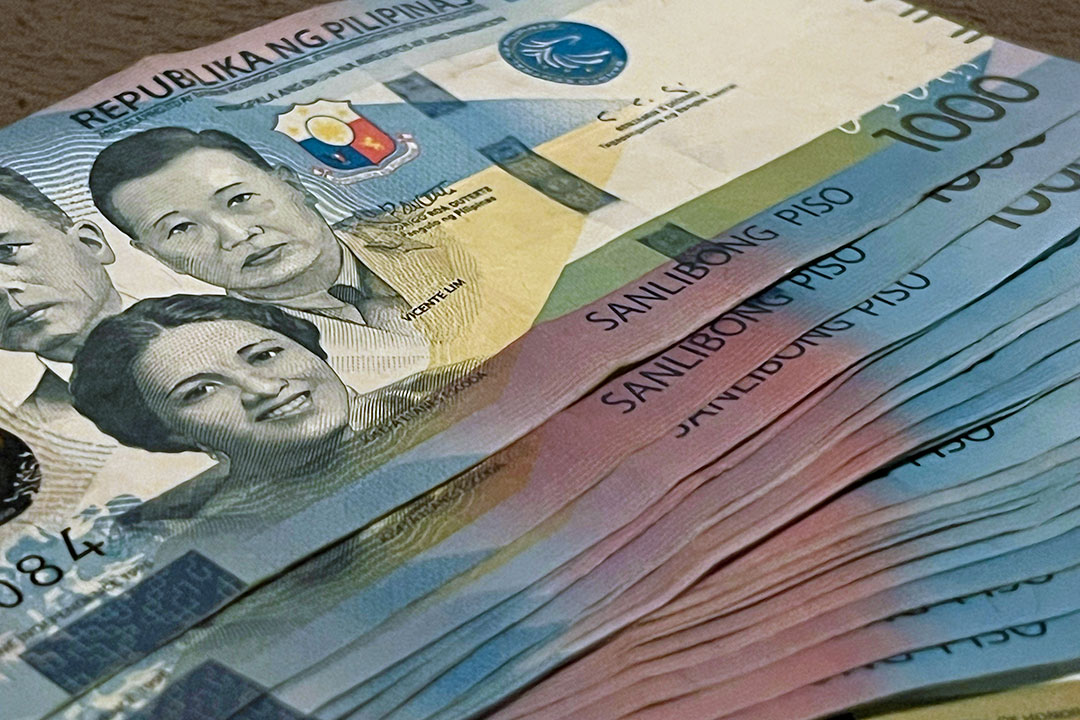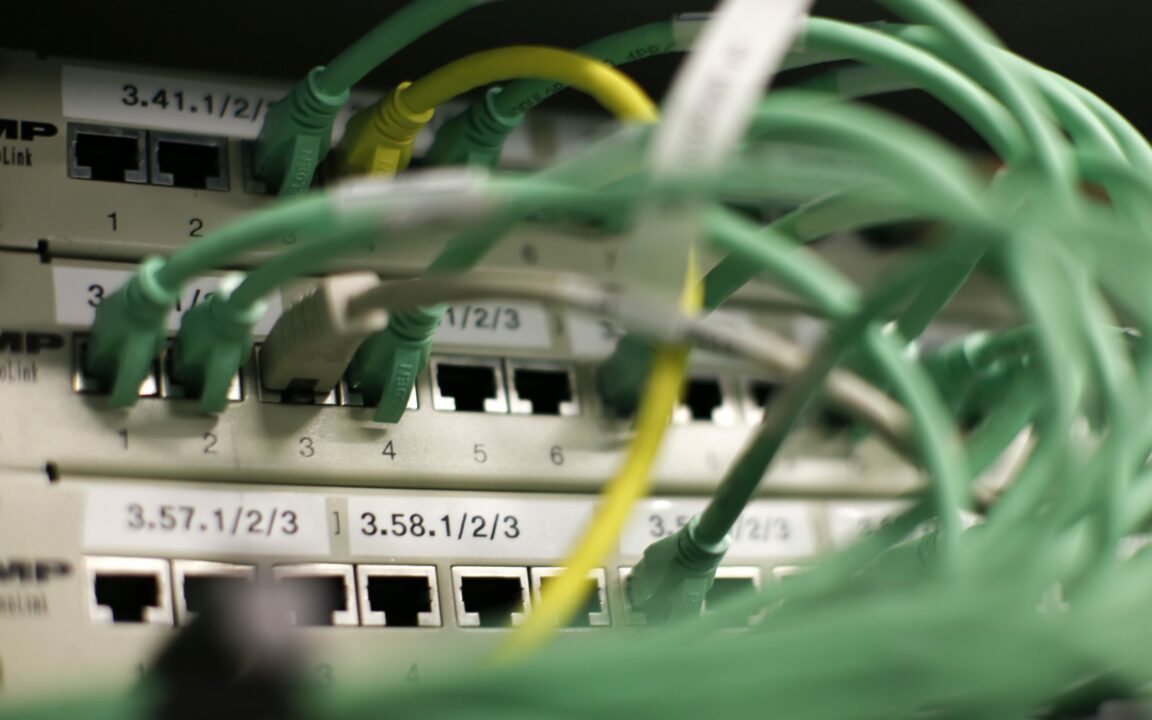
Upgrade to High-Speed Internet for only ₱1499/month!
Enjoy up to 100 Mbps fiber broadband, perfect for browsing, streaming, and gaming.
Visit Suniway.ph to learn
Louella Desiderio - The Philippine Star
June 24, 2025 | 12:00am
“Increased inflation and energy costs may dampen consumer spending and business investment, potentially slowing down economic growth.”
MANILA, Philippines — The intensifying conflict in the Middle East following the United States’ airstrikes on Iran’s nuclear sites may undo the Philippines’ price stability gains and dampen economic growth, economists warned.
Philippine Institute for Development Studies senior research fellow John Paolo Rivera told The STAR yesterday that the escalating conflict and US strikes on Iran’s nuclear facilities could pose indirect, but significant economic risks to the Philippines.
“The most immediate concern is a potential spike in global oil prices, which would raise domestic transport and power costs feeding into inflation. This could reverse recent gains in price stability,” Rivera said.
As the Philippines imports nearly all of its oil requirements, Jonathan Ravelas, senior adviser at professional services firm Reyes, Tacandong & Co. said that any disruption in supply from the Middle East could lead to a spike in global oil prices and increase the cost of gasoline, diesel and electricity in the country.
“Higher fuel costs typically lead to increased transportation and production expenses, which can drive up the prices of goods and services. This could worsen inflation, which has already been a concern in recent years,” Ravelas said.
Rizal Commercial Banking Corp. chief economist Michael Ricafort said in an email that global crude oil prices have risen by about 14 percent, while the peso has depreciated by about three percent since Israel launched large-scale attacks on Iran on June 13.
Ricafort said these could be passed on locally in terms of additional input costs.
“If this is sustained in the coming months, headline inflation could pick up by about 0.5 to 0.7 percentage point,” he said.
Overall inflation in the country eased to 1.3 percent in May, the lowest since the 1.2 percent print in November 2019.
Inflation in May slowed further from the previous month’s 1.4 percent and 3.9 percent in May 2024 due mainly to the milder increase in utility costs.
Average inflation from January to May stood at 1.9 percent, below the government’s two to four percent target.
“Increased inflation and energy costs may dampen consumer spending and business investment, potentially slowing down economic growth,” Ravelas said, noting that the manufacturing, logistics and agriculture sectors could be particularly affected.
As many overseas Filipino workers are based in the Middle East, Ravelas said heightened tensions in the region could disrupt their employment and in turn, affect remittance flows, which is a vital source of income for many Filipino families.
Moody’s Analytics economist Sarah Tan said in an email that an upward pressure on inflation due to any increase in fuel and transportation costs as a result of higher crude oil prices may also affect monetary policy easing and the country’s economic growth performance.
“This could delay the Bangko Sentral ng Pilipinas’ planned monetary policy easing, which would affect household budgets and slow the growth trajectory,” Tan said.
A protracted conflict in the Middle East may also trigger uncertainty and negatively impact investments and trade.
“Sustained geopolitical instability may create uncertainty that slows investment and trade, further dampening growth prospects,” Tan said.
According to Tan, the overall impact on the economy would depend on how long the conflict lasts and how it affects global supply chains.
The Philippine economy grew by 5.4 percent in the first quarter, below expectations, amid global uncertainties in relation to the US’ imposition of reciprocal tariffs on its trade partners.
While the country’s first quarter economic growth performance was slightly faster than the previous quarter’s 5.3-percent growth, it was slower than the 5.9-percent expansion in the same period last year.
The government is aiming for a six to eight percent economic growth this year.

 23 hours ago
2
23 hours ago
2



